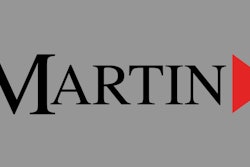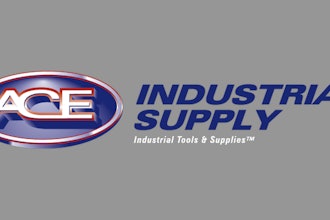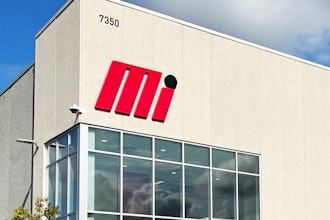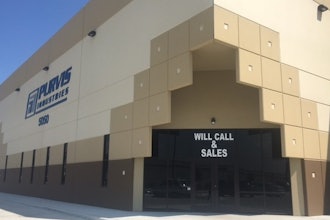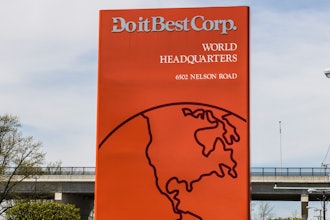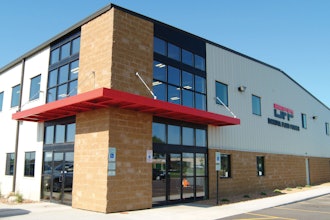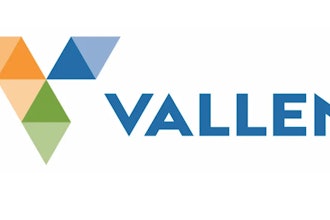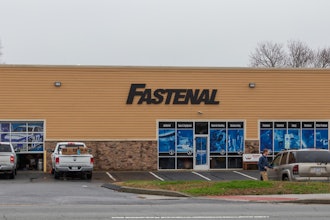Industrial Distribution speaks with W.W. Grainger CEO Jim Ryan as part of ID's Executive Q&A Series.
|
Jim Ryan, CEO, W.W. Grainger |
ID: What about the upcoming year 2012 are you most optimistic about (either for your business or for the industry as a whole)?
JR: We continue to expect an uneven, sluggish economic recovery. While we tend to be fairly conservative about overall expectations for market growth, I am feeling very positive about the opportunities ahead for Grainger. However, I don’t think there has been a better time to be in the industrial distribution business. In a lot of ways, the economic downturn in 2008-2009 was a catalyst for our industry. Customers facing the need to be more productive were forced to make changes to their businesses to remove costs. As a result, they’re very focused on identifying opportunities for savings and the indirect materials category is an area where most organizations can find opportunities for productivity improvements.
Additionally, customers are asking their distributors to do more. They want a knowledgeable partner who can help them overcome business challenges such as navigating new safety regulations or helping them to reach their sustainability goals. We are developing more ways we can leverage our offerings to be that knowledgeable partner.
ID: What are your concerns for 2012 (either for your business or for the industry as a whole)?
JR: Human capital (for both).
There is increased competition in attracting talent, and we want to be the employer of choice in the U.S. and abroad. Hiring, retaining, and developing talent is critical to our success. Our people are the essential part of the service we provide, which is a key differentiator to market. We’re committed to providing an environment where our people can grow and develop their skills and be part of a high performing team.
But I’m also concerned about the human capital as it relates to our customers. Your readers are very familiar with the growing shortage of skilled workers in the U.S. We hear from manufacturing customers every day that they can’t find enough of the right talent to run their business. As baby boomers retire, the void will grow and our country has underachieved in filling the pipeline with skilled, young talent. Over the last couple decades, fewer young adults have selected the trades as a career. These roles offer more than a job; these are well-paying, fulfilling career opportunities and are critical to the long term health of our infrastructure and businesses.
Our company is very active in helping to build greater awareness of the need for technical education, primarily through our partnership with the American Association of Community Colleges. It will take a collaborative partnership across the public and private sectors to ensure the future vitality of businesses and communities.
ID: When did you begin your career in this industry and in what capacity?
JR: I joined Grainger’s product management group right out of college, thirty years ago. Since then, I’ve worked in many different capacities across the business. On the surface, industrial distribution may sound bland to outsiders but we know that once you get under the hood it is a very interesting business. The opportunities and challenges of building a service network capable of efficiently handling the unpredictable demand patterns across an extremely broad array of products and millions of customers around the world is fascinating and rewarding work.
ID: What would you consider to be the biggest changes you’ve seen the industry face throughout your career thus far?
JR: The adoption of technology is near the top of the list of biggest changes. Technology is driving economies of scale which is helping to improve operating margins in this industry. More products and more customers add more complexity in many businesses. Technology is helping many of us be more effective in front of our customers as complexity increases. E-commerce is having a profound impact on our industry. For many businesses, it is the fastest growing, most profitable channel. Customers will continue to demand more and more service through the internet as they look to become more productive.
ID: If you could have any other job, what would it be and why?
JR: I can’t think of a better job at a better company. I have found great challenges and satisfaction working at a company that is driven to provide great customer service, with an outstanding team of people.




